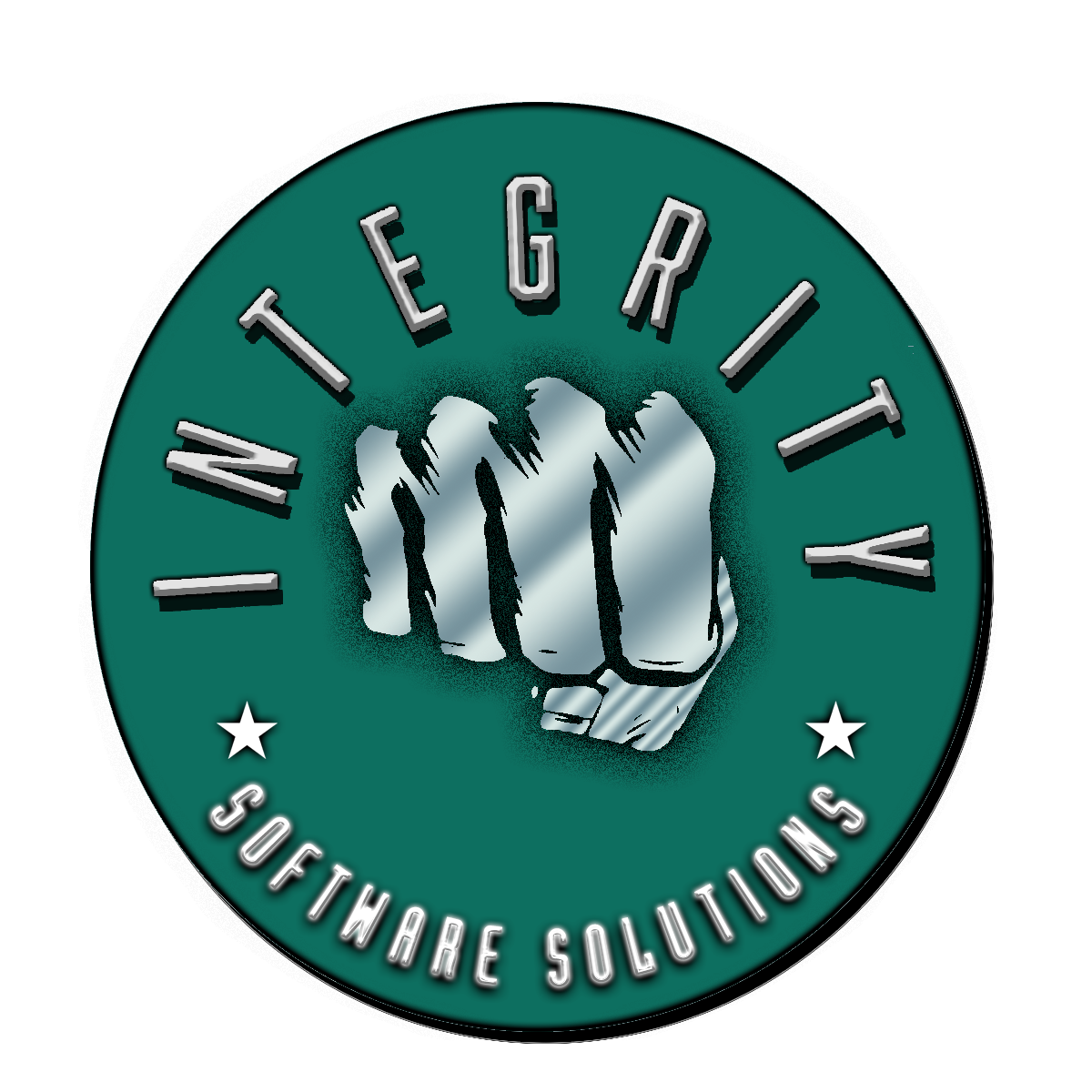Beware of Tax Season Scams – National Tax Security Awareness Week Kicks Off
As we approach the festive season and gear up for the impending tax season, the importance of safeguarding personal and financial information becomes more critical than ever. The Internal Revenue Service (IRS) and its Security Summit partners have recently launched the 8th annual National Tax Security Awareness Week, emphasizing the significance of remaining vigilant against potential scams. In this extensive guide, we will delve into the common scams to watch out for, practical tips to fortify our defenses, and the pivotal role tax professionals play in ensuring overall security.
Common Scams During Tax Season:
As the holidays draw near, identity thieves become more active, seeking opportunities to pilfer sensitive data, such as Social Security numbers, for filing fraudulent tax returns. Let’s explore some prevalent scams:
1. Phishing Emails:
Scammers often exploit email communication, sending deceptive messages that promise tax refunds or offer assistance with tax-related issues. Caution is advised when encountering unsolicited emails prompting you to click on links or download attachments.
2. Gift Card Scams:
With the rise of digital transactions, gift card scams have become more prevalent. Fraudsters may insist that taxes must be paid using untraceable methods, like gift cards. Be vigilant and skeptical of unsolicited demands for unconventional payment methods.
Protecting Yourself:
1. Multi-Factor Authentication:
Implementing multi-factor authentication is a robust defense against unauthorized access. This security measure involves using more than one method to verify your identity, such as a password and a unique code sent to your mobile device.
2. Strong, Unique Passwords:
The foundation of online security lies in strong, unique passwords. Avoid easily guessable combinations and consider using a reputable password manager. Password managers not only enhance security but also simplify the process of managing multiple complex passwords.
3. Secure Online Transactions:
When engaging in financial transactions online, ensure you only use secure sites that begin with “https.” The “s” indicates a secure connection, encrypting your data during transmission. Additionally, look for the padlock symbol in the address bar, further signifying a secure environment.
4. Avoid Public Wi-Fi for Financial Transactions:
Public Wi-Fi networks can be vulnerable to hacking, making it risky to conduct financial transactions over such networks. To prevent potential security breaches, refrain from accessing sensitive financial information while connected to public Wi-Fi.
Tax Professionals’ Role:
Tax professionals are entrusted with sensitive financial information, and their role in maintaining robust security measures is paramount. Recommendations from the IRS for tax professionals include:
1. Data Separation:
Tax professionals should keep client data distinct from personal devices. This practice minimizes the risk of unauthorized access and protects clients’ confidential information from potential breaches.
2. Password Managers:
Similar to individuals, tax professionals should utilize password managers. These tools not only enhance the complexity and security of passwords but also contribute to efficient and secure access to multiple accounts.
3. Multi-Factor Authentication for Practitioner Accounts:
For practitioner accounts handling sensitive client information, multi-factor authentication is strongly recommended. This additional layer of security ensures that even if login credentials are compromised, an extra step is required to access sensitive data.
The Evolving Landscape of Tax Scams:
As technology advances, so do the tactics employed by scammers. Tax professionals and individuals alike must stay informed about emerging threats. Phishing attempts are becoming more sophisticated, with scammers employing social engineering techniques to craft convincing messages.
Moreover, ransomware attacks targeting tax professionals have been on the rise. In such attacks, cybercriminals encrypt the victim’s data and demand payment for its release. Vigilance, regular cybersecurity training, and the implementation of robust security protocols are essential to mitigate these evolving threats.
The Shared Responsibility of Safeguarding Finances:
As we navigate the bustling shopping and tax seasons, vigilance is paramount. Adhering to the guidelines provided during National Tax Security Awareness Week is a collective effort toward preventing identity theft and safeguarding our personal information.
The responsibility of securing our finances is shared. With these insights, individuals and tax professionals alike can approach the upcoming tax season with confidence and heightened security awareness. Continuous education, staying informed about evolving threats, and implementing best practices in cybersecurity collectively contribute to a more secure tax environment.
In Conclusion:
The convergence of the festive season and tax preparations brings with it not only joy but also the need for heightened awareness. The 8th annual National Tax Security Awareness Week serves as a reminder of the persistent threats posed by scams and the necessity for proactive measures.
As individuals, embracing cybersecurity best practices, from multi-factor authentication to secure password management, is crucial. For tax professionals, the responsibility extends to implementing robust data protection measures, staying abreast of emerging threats, and fostering a culture of cybersecurity within their practices.
By collectively taking steps to enhance our digital defenses, we contribute to the broader goal of creating a more secure tax landscape. As we embark on this journey, armed with knowledge and a commitment to vigilance, we can navigate tax season with confidence and resilience against potential threats. Stay informed, stay secure!

